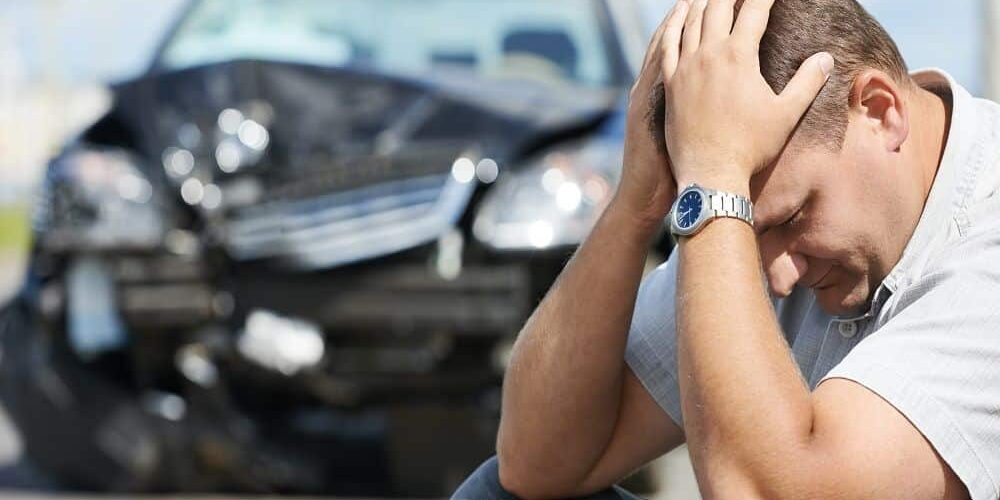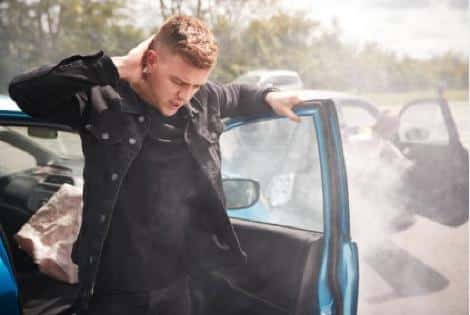
The Legal Consequences of Drunk Driving: Insights from a Car Accident Lawyer
Introduction
Driving under the influence (DUI) is a severe crime that can have extreme lawful consequences. When somebody selects to support the wheel after taking in alcohol or medicines, they not only place their very own life at risk however also endanger the safety and security of others when traveling. In this short article, we will discover the legal repercussions of driving under the influence from the viewpoint of a car accident lawyer. We will certainly discuss numerous elements associated with drunk driving situations, including lawful charges, insurance policy effects, and the role of a car accident lawyer in such cases.
The Legal Effects of Driving Under the Influence
Understanding DUI Laws
Driving under the influence is a criminal offense that is controlled by specific legislations in each jurisdiction. These regulations normally restrict individuals from operating an automobile when their blood alcohol concentration (BAC) surpasses a specific restriction, which is normally 0.08% in most states. In addition, driving drunk of medications, whether illegal compounds or prescription medicines, is additionally considered a DUI offense.
Legal Fines for DUI
When a person is billed with DUI, they may face several lawful penalties if founded guilty. These charges vary relying on aspects such as prior convictions, BAC levels, and aggravating conditions. Some usual legal consequences for driving under the influence consist of:
License Suspension: A DUI sentence often causes the suspension or revocation of the offender's vehicle driver's permit. The length of suspension can vary from a few months to a number of years, relying on the severity of the offense and any type of previous convictions.
Fines: DUI offenses are generally gone along with by significant penalties. These penalties can range from hundreds to countless dollars, depending upon the jurisdiction and any type of aggravating factors.
Probation: In many cases, people founded guilty of DUI might be positioned on probation instead of offering prison time. During probation, the wrongdoer must abide by particular problems, such as going to alcohol education and learning programs or submitting to normal medicine tests.
Jail Time: Relying on the circumstances of the infraction and any previous sentences, DUI wrongdoers might deal with prison time. The period of jail time can vary from a few days to numerous years, especially in cases entailing significant mishaps or fatalities.
Ignition Interlock Tool: In some jurisdictions, people founded guilty of drunk driving may be required to set up an ignition interlock tool (IID) in their lorries. This device determines the driver's BAC prior to enabling the engine to start. If alcohol is identified, the car will certainly not start.
Community Service: Many territories enforce social work as part of the legal effects for DUI offenses. Wrongdoers may be called for to do a specific number of hours of community service as a type of penalty and rehabilitation.
Insurance Implications
Getting convicted for driving under the influence can have considerable implications for a person's car insurance coverage. Insurance provider typically take into consideration DUI offenses as high-risk habits and may respond by enhancing costs or canceling insurance coverage altogether. Some key points concerning insurance effects for DUI offenses are:
-
Increased Premiums: Following a DUI conviction, insurance coverage costs are likely to raise considerably. The precise amount relies on different variables such as the vehicle driver's background, prior convictions, and the insurance company's policies.
-
SR-22 Requirement: In several states, people convicted of DUI are called for to get an SR-22 certification as evidence of responsibility insurance policy. An SR-22 is a record that verifies that the vehicle driver has acquired sufficient insurance policy coverage despite their high-risk status.
-
Policy Cancellation: In some cases, insurance companies might select to terminate an individual's plan entirely because of a DUI conviction. This can make it a lot more challenging for the transgressor to find inexpensive coverage with an additional provider.
The Function of a Car Accident Lawyer
When facing legal repercussions associated with DUI, it is critical to look for the aid of a car accident lawyer who focuses on taking care of such situations. A car accident lawyer can offer valuable insights and legal representation throughout the lawful process. Here are some ways in which a car accident lawyer can help:
Legal Advice: A car accident lawyer possesses thorough knowledge of drunk driving legislations and can provide skilled guidance regarding the most effective training course of action.
Case Evaluation: A seasoned car accident lawyer will evaluate the information of the situation, including any kind of proof or witness declarations, to identify the toughness of the defense.
Negotiations with Prosecutors: In some cases, a car accident lawyer may be able to discuss with district attorneys for reduced charges or penalties.

Building a Protection Strategy: A car accident lawyer will establish a solid protection strategy tailored to the details conditions of the instance. This may involve challenging the validity of evidence, examining police treatments, or offering mitigating factors.
Court Representation: If the situation goes to trial, a car accident lawyer will certainly stand for the defendant in court and existing arguments on their behalf.
Insurance Negotiations: A car accident lawyer can likewise assist in bargaining with insurer concerning insurance coverage and claims pertaining to DUI accidents.
FAQs
Q: What should I do if I've been billed with a DUI? A: If you have been billed with DUI, it is necessary to look for legal representation promptly. Calling a car accident lawyer specialized in dealing with DUI cases will make sure that your rights are safeguarded throughout the legal process.
Q: Can I represent myself in a drunk driving case? A: While it is feasible to represent yourself in a drunk driving case, it is highly advised to employ a seasoned car accident lawyer. DUI laws are complex, and having specialist lawful depiction considerably boosts your possibilities of acquiring a desirable outcome.
Q: For how long does a DUI conviction stay on my record? A: The period for which a DUI sentence stays on your document differs relying on the jurisdiction. For the most part, DUI convictions remain on your record for several years, and in some instances, they might be thought about permanently.
Q: Can I refuse a breathalyzer test during a website traffic stop? A: The regulations relating to rejecting a breathalyzer examination differ by jurisdiction. In lots of states, refusing to take a breath analyzer examination can result in an automatic suspension of your motorist's certificate or other fines. It is best to consult with a car accident lawyer concerning the certain regulations in your area.
Q: Can I get my chauffeur's certificate restored after a DUI conviction? A: Yes, it is feasible to get your driver's license restored after a DUI conviction. Nevertheless, the process and demands for reinstatement vary by jurisdiction. A car accident lawyer can direct you with the necessary steps to regain your driving privileges.
Q: Can I remove a DUI sentence from my record? A: Expungement of a DUI conviction depends on the regulations of the territory where the offense occurred. In some cases, DUI convictions might not be eligible for expungement. Consulting with a car accident lawyer will provide you with accurate info regarding expungement possibilities.
Conclusion
Driving drunk carries extreme legal effects that can influence different facets of a person's life, including their driving advantages, insurance protection, and personal credibility. Seeking the advice of a car accident lawyer who focuses on dealing with DUI situations is necessary to browse with these complicated lawful issues successfully. By understanding the legal fines associated with DUI offenses and taking appropriate action, individuals can protect their civil liberties and job in the direction of decreasing the prospective effects of their activities. Bear in mind, it is constantly much better to focus on safety and make liable choices when it pertains to operating an electric motor vehicle.